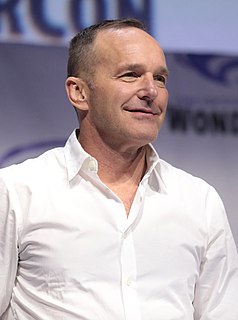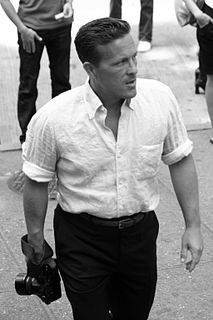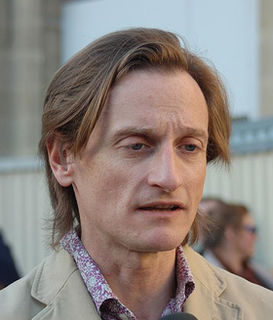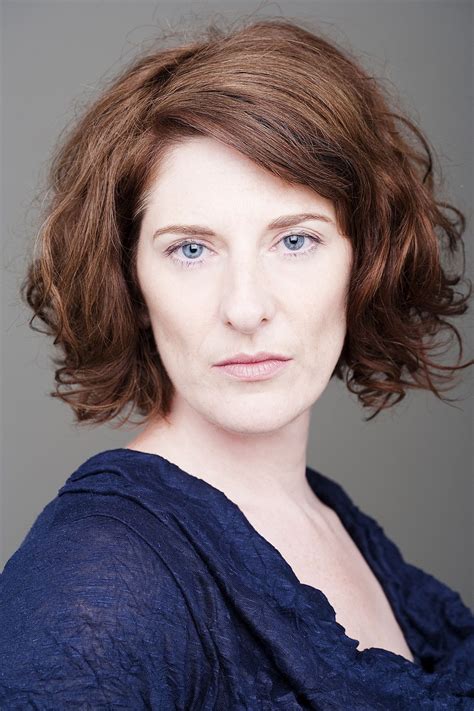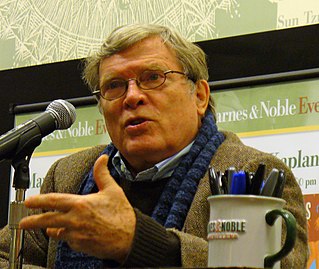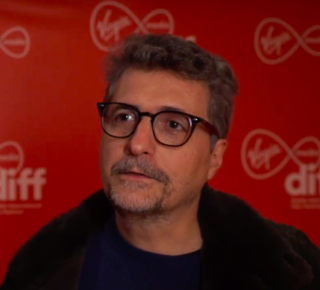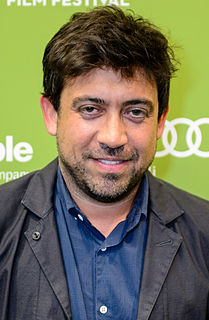A Quote by Clark Gregg
There's always changes in the way they do that in the cinematic universe. I think, with the S.H.I.E.L.D. 2.0, you're seeing some of the first ripples of those different points of view on what S.H.I.E.L.D. should be when it's rebuilt. I'm very, very curious to know which side Coulson will end up on in that struggle.
Related Quotes
Everybody's version of style is totally different and that's what I think keeps me going out on the street everyday is going out and kind of seeing the variations and what things maybe I'd never seen quite that way that I find very curious and how people will be able to communicate their own persona through their clothing, their posture, the way they wear their hair. I think all those elements end up becoming very interesting because I don't think I'm really particularly a people person. So for me I think it's interesting to kind of be able to read people in that way.
I think, for me specifically when it comes to music, I don't think that I need any persuading to think about it. It's always kind of in the back of your mind and - but I think it's part of who I am and always will be, I mean, in a very cellular way. When you grow up doing, you know, one thing, I think you get to this place where you want to try new things. And I do think that we live in the type of world where people get comfortable with you in one way, and so seeing you in a different way, it takes some time.
There is a certain sense in which I would say the universe has a purpose. It's not there just somehow by chance. Some people take the view that the universe is simply there and it runs along-it's a bit as though it just sort of computes, and we happen by accident to find ourselves in this thing. I don't think that's a very fruitful or helpful way of looking at the universe, I think that there is something much deeper about it, about its existence, which we have very little inkling of at the moment.
We're obviously in a strange environment where practically anyone can set themselves up as a pundit of sorts. It's all about sorting the wheat from the chaff, and I'm very interested in reading different points of view, and certainly different generations than my own that have such a very different world view.
When you write a scene where somebody is afraid of something you instantly go to decades of genre cinema: horror, suspense, and thrillers. Those are very cinematic genres, when you shoot a close-up of someone and you can see fear in the person's face, or anticipation, or some kind of anxiety, it's a very cinematic image.
I take his [Theodore Geisel] legacy very, very seriously. I know others may disagree because he's made such an impact on so many people that response to work becomes very personal, so people will have different points of view. But, at the core of this, I take the protection and the extension of his legacy very, very seriously. It's a very important part of my life.
Everybody you work with sees what you're doing from a different point of view, a very specific point of view. So, if someone is lighting, they're seeing it from that point of view. A production designer is seeing it from the placement of furniture that tells you about the character. Everything that goes into the room should tell you about the person who lives in that room.
I have this very kind of like heterodox idea of what an education is, what underpins identity. I don't think I'm very easily pigeon holed in any of those boxes, so I confront this. I have a staff full of young people who came up in a very different tradition and who feel very fired up about the big identity battles. I listen and I try to navigate them, but I don't find them mapping onto my life in a personal way which is, which is hard.
